1. Ida B. Wells
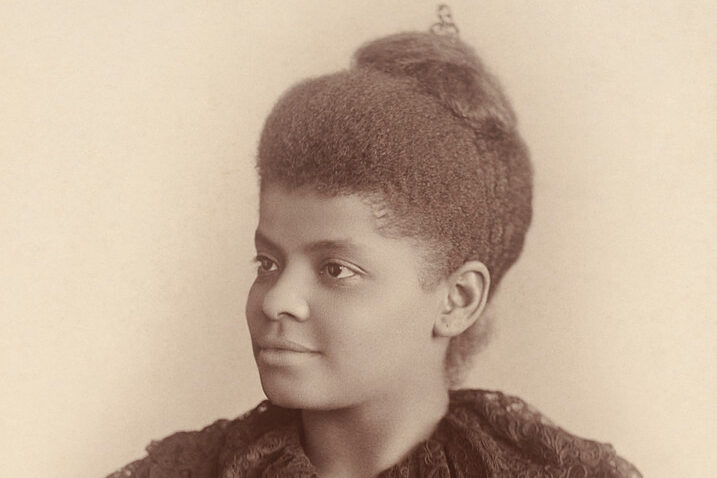
Ida B. Wells was a fearless journalist and civil rights leader who fought against the horrors of lynching in the late 19th and early 20th centuries. Born into slavery, she became one of the most prominent African American women of her time. Wells was also a founding member of the NAACP, though her activism would often be overshadowed by the contributions of men in the same movement. Despite the vital role she played in both journalism and civil rights, her name remains less widely recognized than those of her contemporaries.
Her powerful writings, including the pamphlet “Southern Horrors: Lynch Law in All Its Phases,” exposed the brutal practice of lynching and challenged the media’s portrayal of Black men as threats to white society. Wells’ work was groundbreaking in its approach to exposing racial violence, yet much of her legacy was omitted from history books. This erasure highlights the difficulty women and people of color faced in achieving historical recognition, even when their actions were pivotal in shaping history.
2. Mary Anning
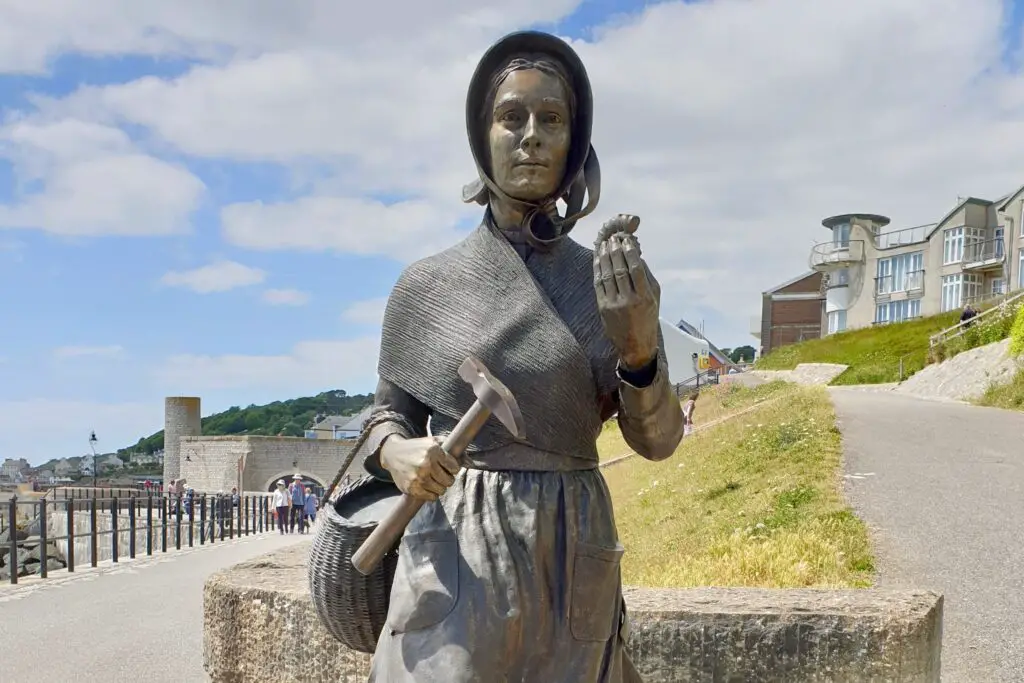
Mary Anning was a pioneering paleontologist in the early 19th century, best known for discovering the first complete Ichthyosaurus skeleton in 1811. Anning’s contributions to the field of geology were vital, yet she faced systemic exclusion from the scientific community because of her gender and social class. She was largely ignored in mainstream scientific publications and remained an unrecognized figure, despite her groundbreaking discoveries in paleontology.
Her fossils, however, provided key evidence of the prehistoric world, helping to shape our understanding of Earth’s history. While Charles Lyell and Richard Owen benefited from the work she did, Anning’s name was often left out of the history of science. Her contributions became more widely acknowledged only after her death, as historians began to reassess her remarkable influence on the field of paleontology.
3. Nettie Washington Douglass
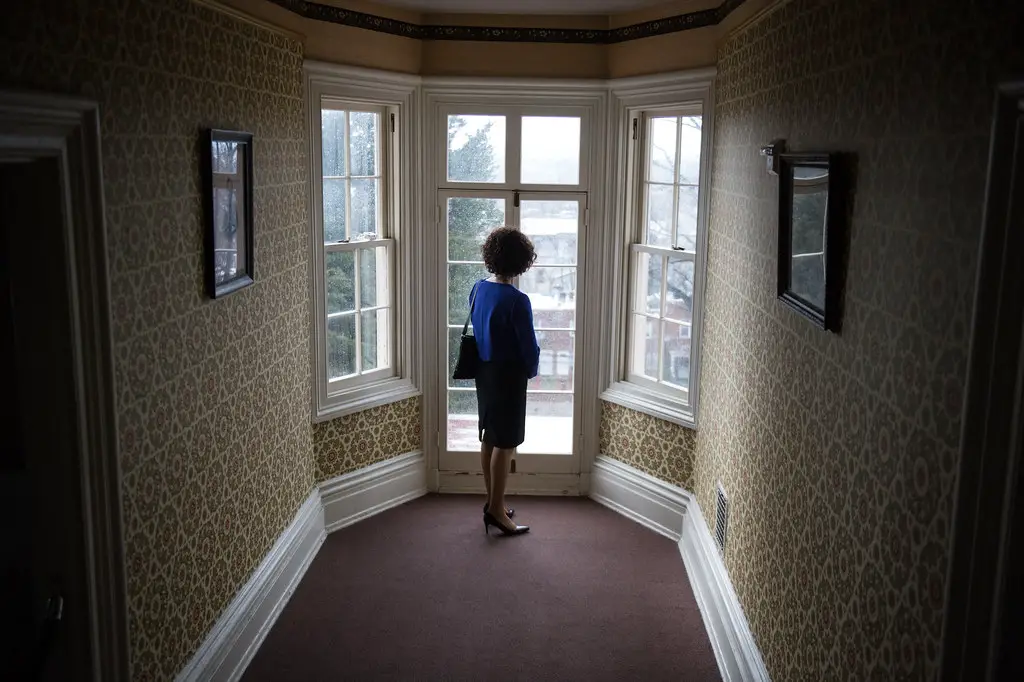
Nettie Washington Douglass, the daughter of famed abolitionist Frederick Douglass, worked tirelessly for civil rights and women’s suffrage in the late 19th and early 20th centuries. Though overshadowed by her father’s legacy, she made substantial contributions to both causes, organizing events and advocating for racial justice. Despite her efforts, her name often gets lost in the shadow of more widely recognized suffragists and civil rights activists.
In addition to working on behalf of African Americans, Douglass was deeply involved in women’s rights and social reforms. She was also a major figure in the founding of the National Association of Colored Women. Her activism, especially around the rights of Black women, laid the groundwork for future generations, but textbooks often overlook her role in these movements.
4. James Armistead Lafayette
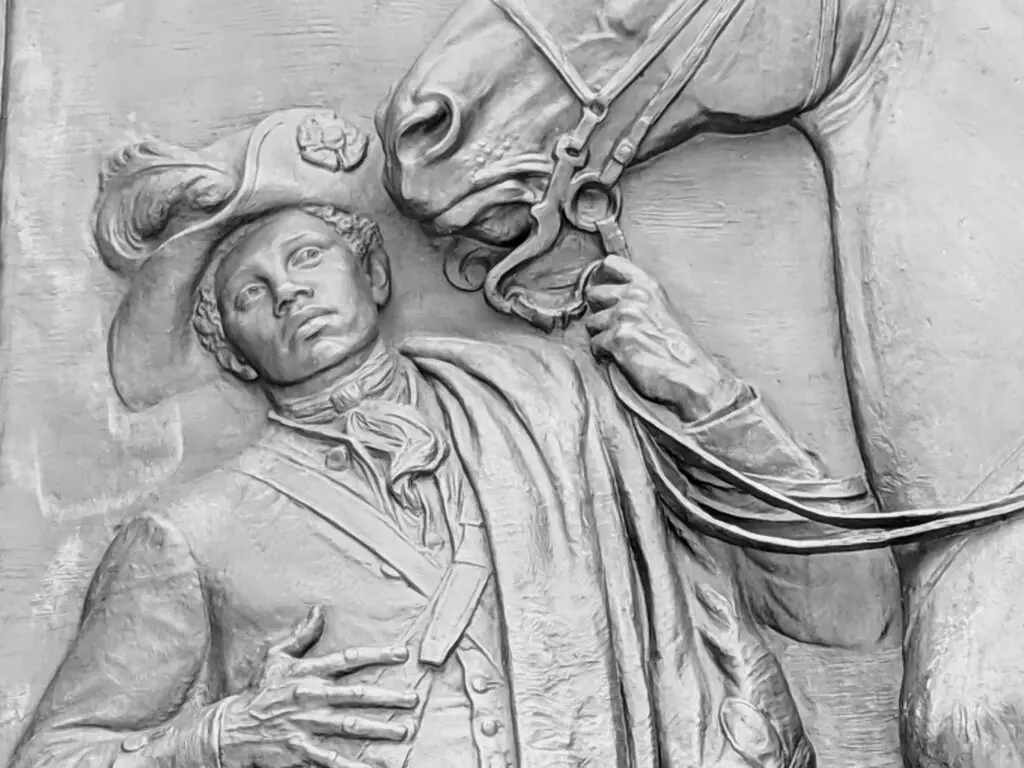
James Armistead Lafayette was an enslaved African American who played a pivotal role in the American Revolution. As a spy for the Continental Army, he infiltrated British intelligence, feeding critical information that helped secure key victories. His work was instrumental during the Siege of Yorktown, which led to the eventual surrender of British forces in 1781.
After the war, Lafayette fought for his freedom, which was granted in recognition of his service. Despite his contributions to America’s independence, Armistead’s name remains largely absent from the textbooks, especially compared to the more celebrated figures of the American Revolution. His story highlights the often-overlooked contributions of enslaved Black individuals in shaping American history.
5. Sophia Duleep Singh
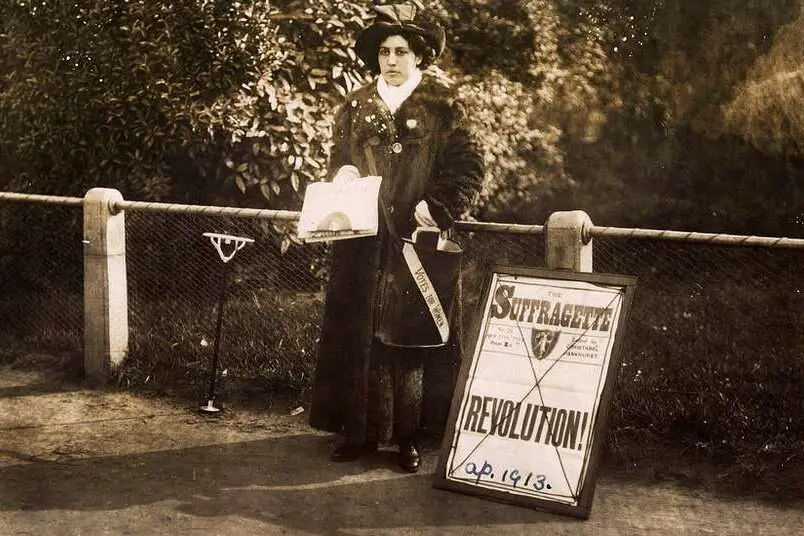
Sophia Duleep Singh was a prominent suffragist in the United Kingdom and a direct descendant of Indian royalty. As the daughter of the last Maharaja of the Sikh Empire, she used her position to advocate for the rights of women, particularly focusing on the suffrage movement. She was actively involved in protests and demonstrations, often working alongside other influential suffragists like Emmeline Pankhurst.
Although she was a key player in the women’s suffrage movement, her contributions are often overlooked in favor of more famous figures. Singh’s efforts as a woman of color in the British aristocracy underscore the intersection of race and gender in the fight for political and social equality. Her activism is a powerful reminder of how colonial legacies shape the historical narrative.
6. Katherine Johnson
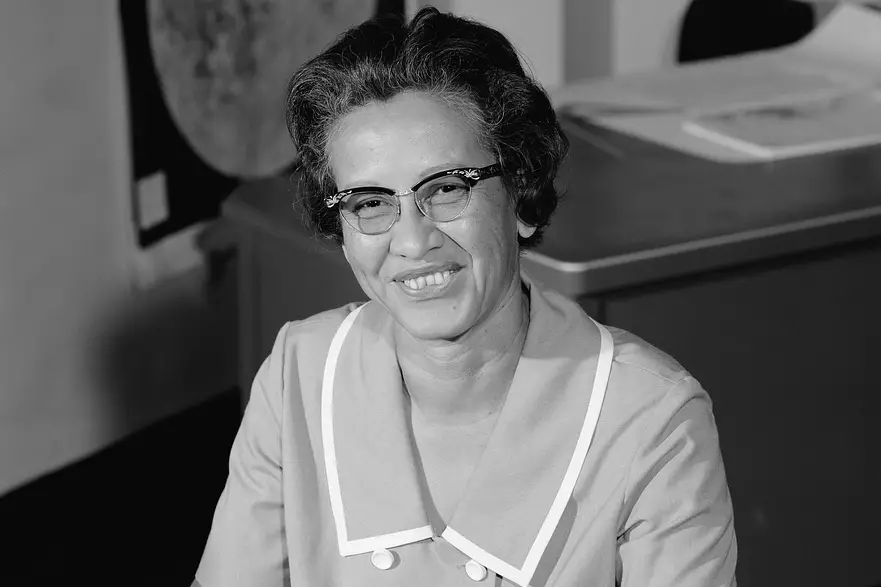
Katherine Johnson was a brilliant mathematician whose calculations helped propel the United States to success in the space race. Despite facing racial and gender barriers in her career, she made critical contributions to the NASA space programs, including John Glenn’s orbital flight. Johnson’s work behind the scenes was vital to the success of the early space missions, yet her story was hidden from mainstream recognition for decades.
Her exceptional mathematical abilities helped NASA avoid disastrous miscalculations in the flight trajectories of space missions. It wasn’t until the 2016 film Hidden Figures brought her story to light that many realized how significant her contributions were to the success of the space program. Her accomplishments, especially as a Black woman in a segregated society, serve as a testament to the power of perseverance and intellect.
7. Crispus Attucks
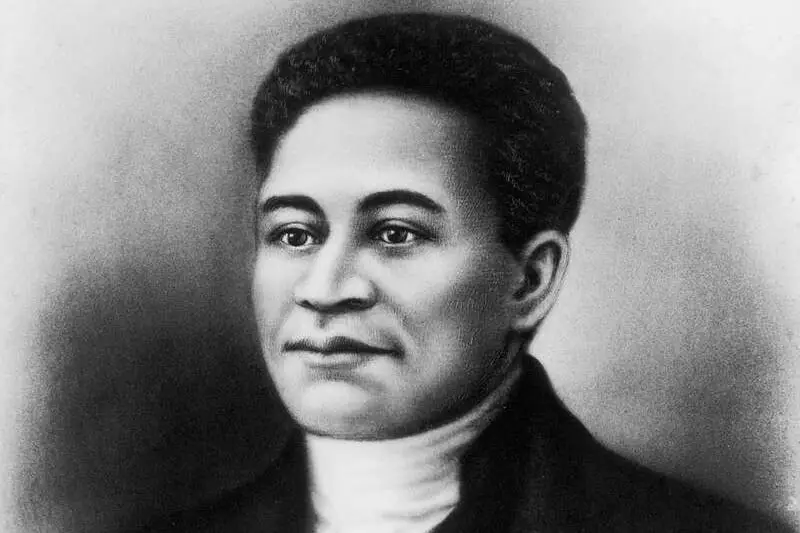
Crispus Attucks was one of the first individuals killed in the Boston Massacre of 1770, which became a turning point in the American Revolution. Often regarded as a martyr, Attucks’ death was a significant moment in the struggle for American independence. Yet, despite his pivotal role in this event, his life and legacy are frequently overlooked in the broader narrative of the American Revolution.
Attucks was a man of mixed race, and his life as an African American in the colonial era was complicated by slavery and racial inequality. The death of Attucks, who was part of the mob protesting British troops, became a symbol of resistance, but his name is often omitted from textbooks. His martyrdom highlights the role of Black people in early American resistance, a history often erased from the national consciousness.
8. Bessie Coleman
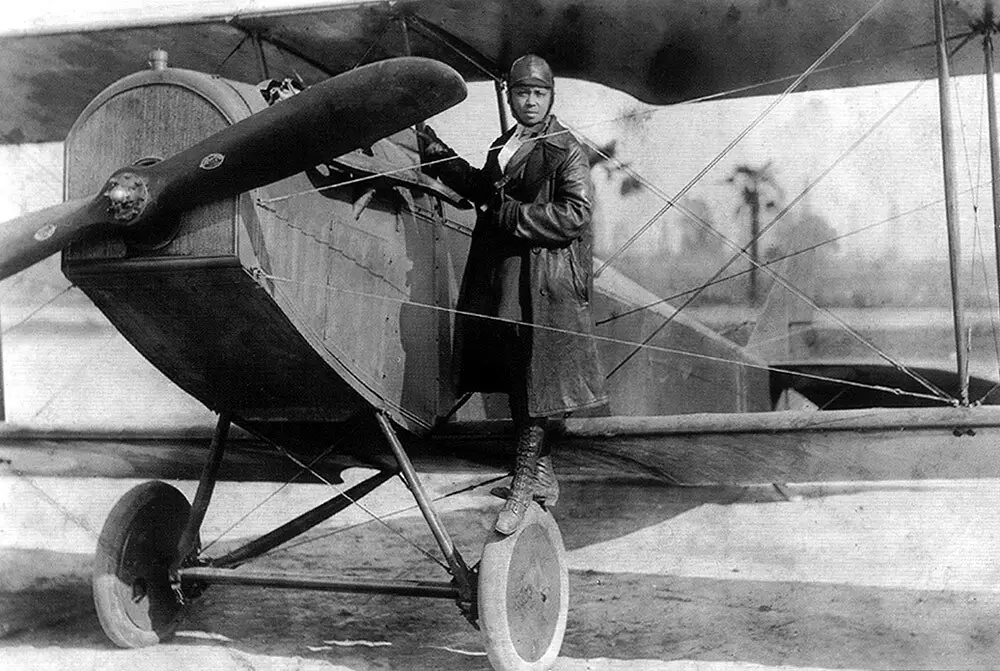
Bessie Coleman was the first African American woman to hold a pilot’s license and the first Native American woman to do so as well. In the early 20th century, she broke racial and gender barriers by flying at a time when aviation was predominantly white and male. Despite her trailblazing accomplishments, Coleman’s name is often overshadowed by those of her male counterparts in aviation history.
She was forced to travel to France to earn her license due to racial discrimination in the United States, yet she returned to the U.S. as an international sensation. Coleman used her fame to advocate for racial equality and inspire other African Americans to pursue careers in aviation. Though her contributions were groundbreaking, her story is not as widely recognized in American history textbooks.
9. Ellen and William Craft
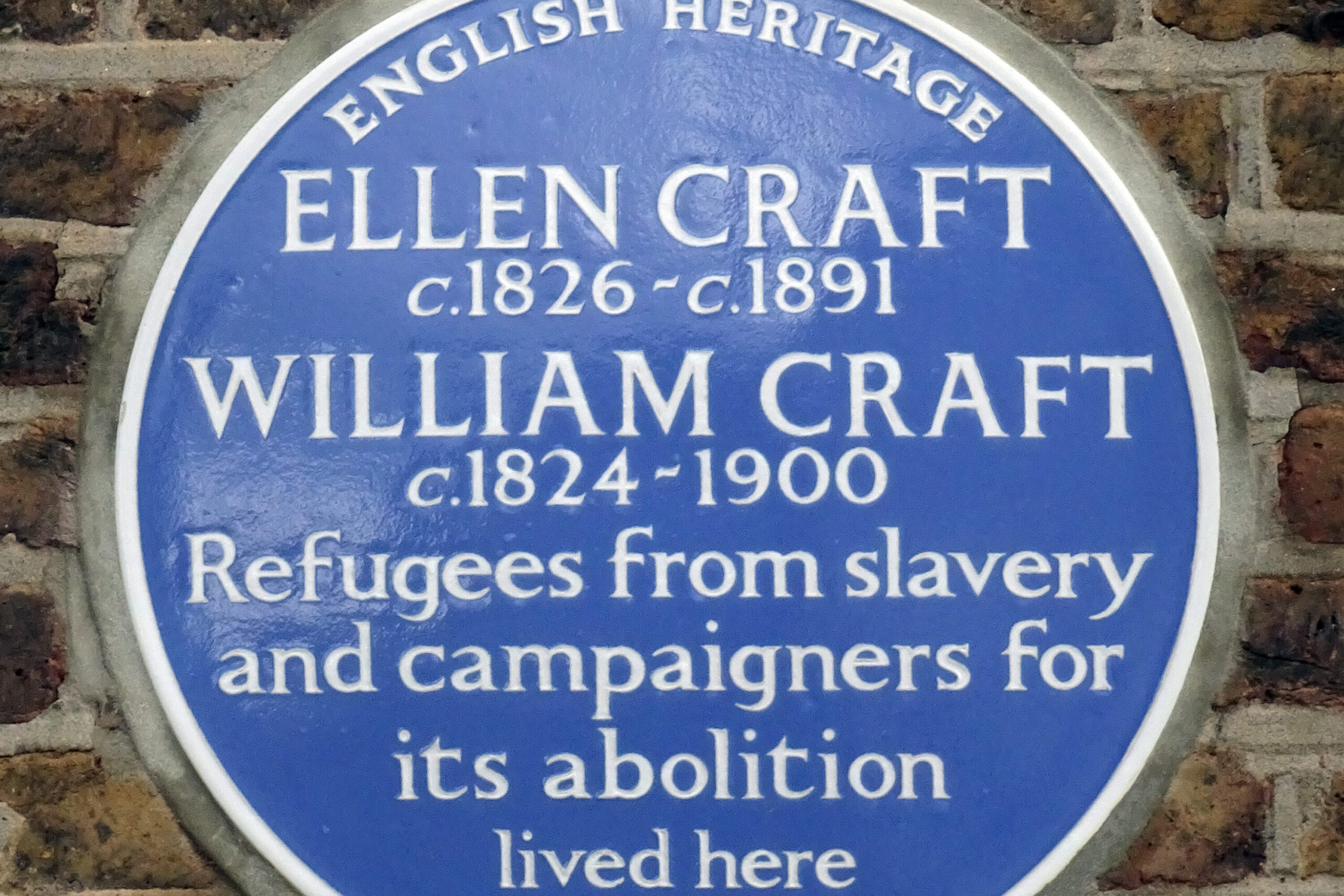
Ellen and William Craft were a married enslaved couple who famously escaped slavery in the 1840s by using a clever disguise. Ellen, who was light-skinned, posed as a white man and William, her husband, acted as her servant. Their escape, which involved traveling by train and steamboat, was one of the most audacious and successful escapes in American history.
After reaching the North, the Crafts became active abolitionists, using their story to advocate for the abolition of slavery. Though their escape was widely publicized, their names are often omitted from the historical narrative about the abolitionist movement. The Craft’s story is a powerful reminder of the ingenuity and courage required for those seeking freedom during slavery.
10. Fannie Lou Hamer
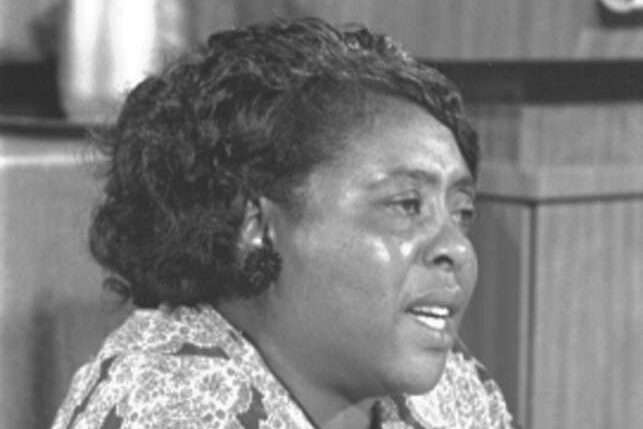
Fannie Lou Hamer was a tireless civil rights activist and leader in the 1960s, whose voice and story became instrumental in the fight for voting rights and racial equality. Born into poverty in Mississippi, Hamer worked as a sharecropper before discovering the strength of her own voice. She was a key figure in the Mississippi Freedom Democratic Party and spoke at the Democratic National Convention in 1964, challenging the credentials of the state’s all-white delegation.
Despite her powerful impact on the Civil Rights Movement, Hamer’s name was often overshadowed by more prominent figures. She advocated for Black empowerment, women’s rights, and social justice, and her courageous testimony about being beaten while in jail for trying to vote became a symbol of the brutal reality of racial injustice. Though Hamer’s legacy is growing, it has taken decades for her contributions to gain widespread recognition in history books.
11. Mata Hari
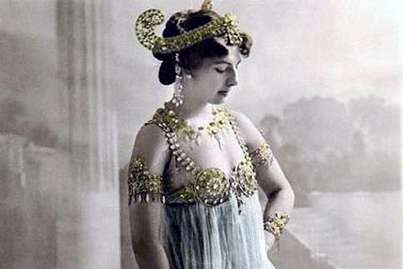
Mata Hari, born Margaretha Zelle, was a Dutch dancer and courtesan who became infamous for allegedly spying for Germany during World War I. Although her trial and execution were widely publicized, many of the details about her espionage career remain shrouded in mystery. She was convicted and executed in 1917, though there are questions about the fairness of her trial and whether she was truly a spy.
Despite her notoriety, the story of Mata Hari often gets oversimplified, and her actual role as a spy is the subject of much debate. What is certain is that she became a symbol of the dangers of being a woman in a world of espionage and warfare. Her life continues to captivate the public’s imagination, but her legacy is often overlooked or misrepresented in textbooks.
12. Zora Neale Hurston
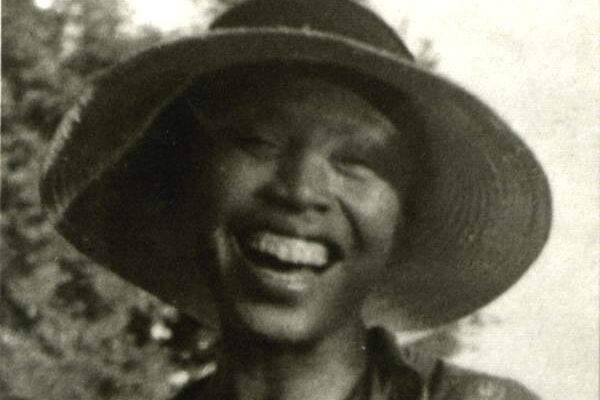
Zora Neale Hurston was a central figure in the Harlem Renaissance and one of the most influential Black authors of the 20th century. Hurston’s work, including the famous novel Their Eyes Were Watching God, explored themes of African American identity and womanhood. Despite her literary prowess, Hurston faced financial difficulties during her lifetime, and her works were largely ignored after her death.
Her work was rediscovered in the 1970s, but Hurston’s place in the American literary canon was long denied. She was a groundbreaking writer and anthropologist, but her story remained buried until scholars began to reexamine the African American literary tradition. Hurston’s legacy, though now celebrated, was long ignored, especially in the context of the broader American literary movement.
13. Sybil Ludington
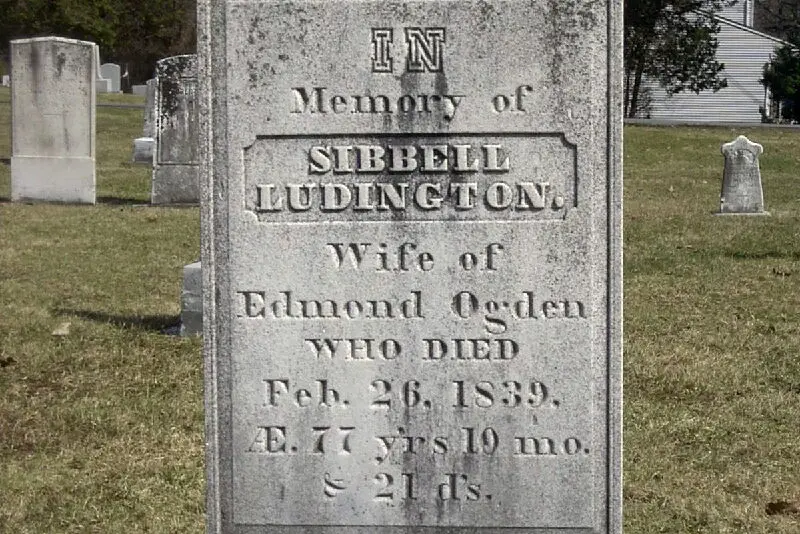
Sybil Ludington was a teenage patriot who made a midnight ride to warn American militia of a British attack in 1777. Her ride, which was twice as long as Paul Revere’s, helped rally militia forces to fend off the British. Despite her heroic actions, Ludington’s name is rarely mentioned alongside Revere’s in American history.
Ludington’s courage, which saved many lives during the Revolutionary War, has been largely overshadowed by the more famous ride of Revere. Though her contribution was just as important in the battle against British forces, she is often left out of mainstream historical narratives. Her bravery deserves recognition as a key moment in the fight for American independence.
14. Bass Reeves
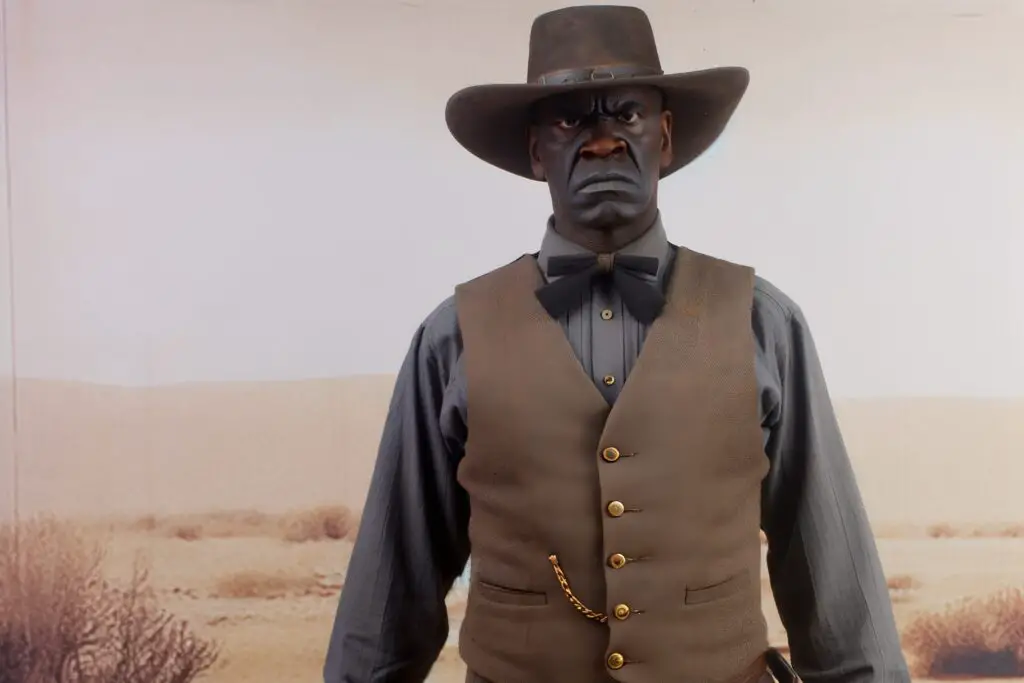
Bass Reeves was one of the first African American U.S. marshals west of the Mississippi River, and he captured outlaws with unmatched skill. He was known for his fearlessness and unyielding sense of justice, arresting thousands of criminals over the course of his career. However, Reeves’ legacy as one of the most remarkable lawmen in the American West was overshadowed by the more famous and romanticized figures of the Old West.
Reeves was a legend in his own right, but his story was neglected in favor of other, more celebrated Western figures. His role as a lawman is significant, not only for his achievements but also because he defied racial barriers to serve with distinction. Though often erased from the popular imagination, Bass Reeves was a true American hero who deserves greater recognition in history.
15. Claudette Colvin
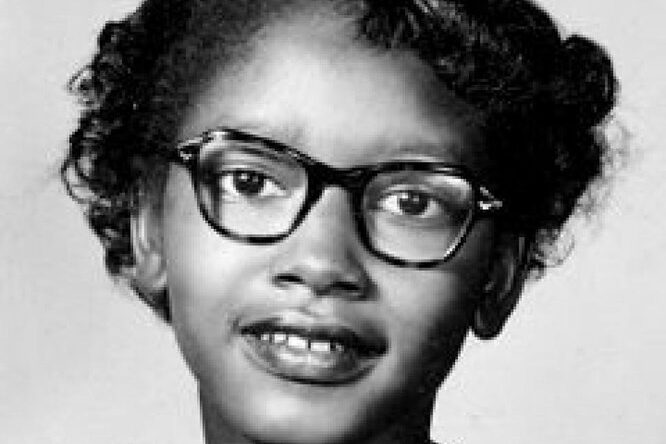
Claudette Colvin was just 15 years old when she refused to give up her seat on a segregated bus in Montgomery, Alabama—nine months before Rosa Parks made her famous stand. Despite this brave act, Colvin’s story was largely kept out of the spotlight at the time because she was a teenager and became pregnant shortly after, which civil rights leaders feared might hurt the movement’s image. Her arrest helped set the stage for the Montgomery Bus Boycott and the legal battle against segregation.
Colvin’s courage was just as important as Parks’, yet she remained largely unknown for decades. It wasn’t until historians began to dig deeper into the civil rights era that Colvin’s pivotal role came to light. Her story reminds us how movements sometimes highlight certain figures while quietly sidelining others whose contributions were equally crucial.
16. Mary Edwards Walker
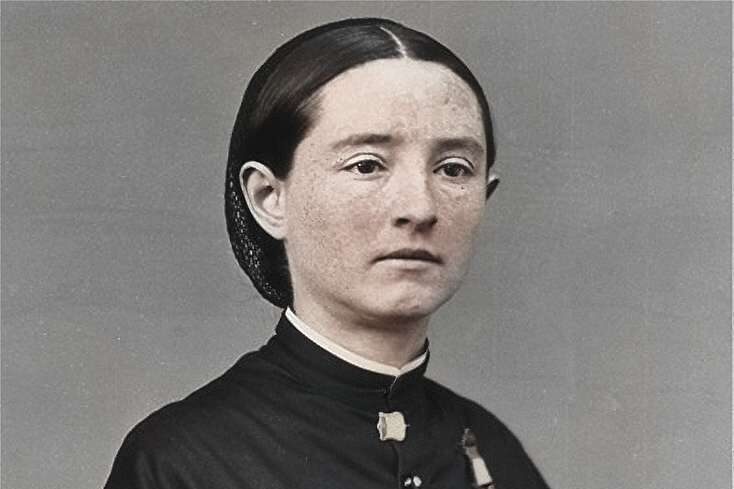
Mary Edwards Walker was a pioneering surgeon and the only woman to receive the Medal of Honor for her service during the American Civil War. She served as a surgeon on the battlefield, often crossing enemy lines to care for wounded soldiers. Walker was a fierce advocate for women’s rights, dress reform, and equal pay, which made her a controversial figure even after the war ended.
Though her medical skills and bravery were extraordinary, Walker faced constant discrimination for being a woman in a male-dominated field. Her Medal of Honor was even rescinded and later reinstated, reflecting how her legacy was contested. Despite her groundbreaking work and activism, she is seldom mentioned in mainstream history classes today.
17. Robert Smalls
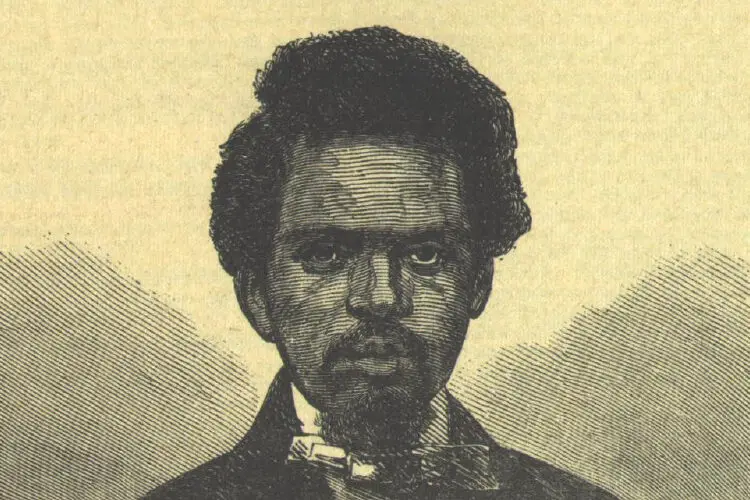
Robert Smalls was an enslaved African American who became a hero during the Civil War by commandeering a Confederate ship and sailing it to freedom for himself, his family, and other enslaved passengers. After this daring escape, Smalls went on to serve as a captain in the Union Navy and later became a successful politician during Reconstruction, advocating for African American rights.
Smalls’ incredible story of courage and leadership was well-known during his lifetime but gradually faded from popular history. His contributions to the fight against slavery and his political achievements in South Carolina deserve more recognition. Remembering Smalls helps highlight the bravery and agency of African Americans during one of the most turbulent times in U.S. history.
18. Noor Inayat Khan

Noor Inayat Khan was a British spy of Indian descent who worked for the Special Operations Executive during World War II. As a wireless operator in occupied France, she risked her life transmitting vital information to the Allies. Khan was eventually captured by the Gestapo and executed at Dachau, becoming a symbol of bravery and sacrifice.
Despite her heroism, Khan’s story was largely forgotten for years due to racial and gender biases. Only recently has she begun to receive more attention as a pioneering figure in espionage. Her life story is a powerful example of courage in the face of extreme danger and highlights the diverse contributions to the Allied war effort.
